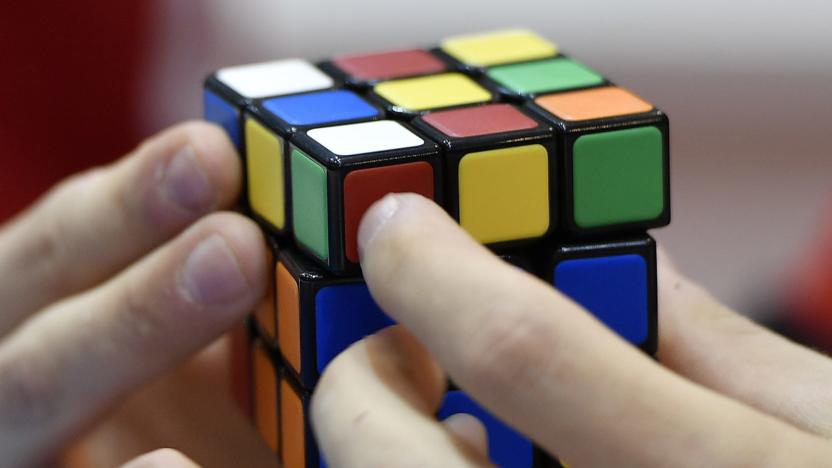universityofcaliforniairvine
Latest

AI learns to solve a Rubik's Cube in 1.2 seconds
Researchers at the University of California, Irvine have created an artificial intelligence system that can solve a Rubik's Cube in an average of 1.2 seconds in about 20 moves. That's two seconds faster than the current human world record of 3.47 seconds, while people who can finish the puzzle quickly usually do so in about 50.

Your smartphone is a 'security blanket' for your social life
Do you instinctively reach for your smartphone whenever you're in an awkward chat with unfamiliar people, or just feel like you're the odd one out? There's likely a good reason for it. Researchers have published a study indicating that people treat their smartphones as "security blankets" to help them cope with uncomfortable social situations. In experiments, they found that people allowed to keep their smartphones had lower stress hormone levels when ignored in conversations, whether or not they were allowed to use the devices. Just the presence of the phone was enough to set them at ease, to put it another way.

OutRun AR project lets you game and drive at the same time, makes us drool
Cool game, or coolest game ever? That's the question we were asking ourselves when we first came across Garnet Hertz's augmented reality-based OutRun project -- a concept car that weds Sega's classic driving game with an electric golf cart, allowing players to navigate their way around real-life courses using only arcade consoles. Hertz, an informatics researcher at the University of California Irvine, has since brought his idea to fruition, after outfitting the system with cameras and customized software that can "look" in front of the car to automatically reproduce the route on the game cabin's screen. The map is displayed in the same 8-bit rendering you'd see on the original OutRun, with perspectives changing proportionally to shifts in steering. The cart maxes out at only 13 mph, though speed isn't really the idea; Hertz and his colleagues hope their technology can be used to develop game-based therapies for disabled users, or to create similarly AR-based wheelchairs. Scoot past the break to see a video of the car in action, and let your dreams converge. [Thanks, Stagueve]


